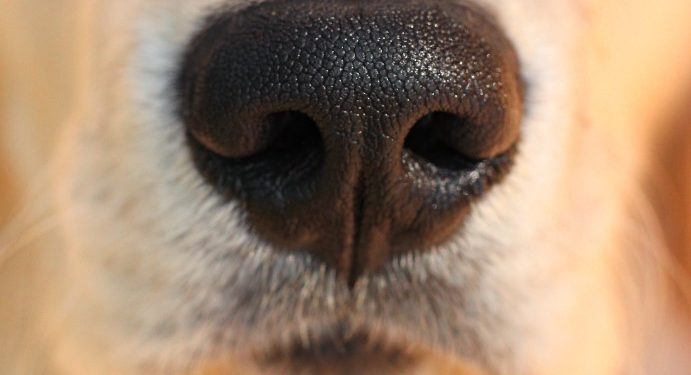Dogs, our beloved family members, can experience allergies just like humans. Allergies in dogs can cause discomfort and affect their overall well-being, ranging from itchy skin to digestive issues. In this blog post, we will explore some of the most common dog allergies, their symptoms, and practical tips for managing them. By understanding these allergies, we can provide better care for our canine companions.
Food Allergies: Food allergies are prevalent in dogs and can be triggered by certain ingredients such as beef, chicken, dairy, grains, or specific proteins. Symptoms may include itchy skin, gastrointestinal problems, chronic ear infections, and respiratory issues. Identifying the allergen usually involves an elimination diet or food trial, with guidance from a veterinarian. Switching to a hypoallergenic or limited ingredient diet can bring relief.
Environmental Allergies: Similar to human allergies, dogs can be allergic to environmental factors like pollen, dust mites, mold, and certain grasses. Symptoms may include sneezing, itching, watery eyes, and inflamed skin. Regular bathing and grooming can reduce allergens on their coat. Vacuuming frequently, using air purifiers, and limiting outdoor exposure during high pollen seasons can also help.
Flea Allergy Dermatitis: Flea allergy dermatitis is a common skin condition caused by an allergic reaction to flea saliva. Allergic dogs can experience severe itching, redness, and skin infections even from a single flea bite. Prevention is crucial, and year-round flea control measures are necessary. Consult a veterinarian to choose appropriate flea prevention products and perform regular checks for fleas and ticks.
Contact Allergies: Dogs can develop contact allergies to substances they come into direct contact with, such as fabrics, cleaning products, or specific plants. Symptoms may include irritated skin, redness, rashes, and hair loss. Identifying the allergen requires observation and elimination of potential irritants. Minimizing exposure to known allergens and using hypoallergenic grooming products can provide relief.
Inhalant Allergies: Inhalant allergies, also known as atopic dermatitis or environmental allergies, occur when dogs inhale airborne allergens like pollen, mold spores, or dust mites. Common symptoms include itching, paw licking or biting, recurrent ear infections, and hot spots. Consultation with a veterinarian can determine the specific allergens affecting your dog. Treatment options may include allergy shots, antihistamines, or other medications to manage symptoms.
Managing dog allergies can be challenging, but understanding common allergens and their associated symptoms is crucial for providing relief and improving the quality of life for our four-legged friends. It’s important to consult with a veterinarian for an accurate diagnosis and appropriate treatment plan. With proper care, attention to triggers, and proactive management, we can help our furry companions live happy and healthy lives, free from the discomfort of allergies.










